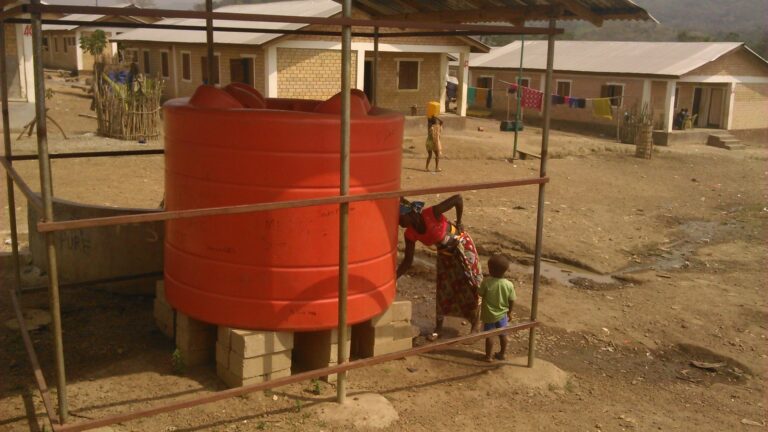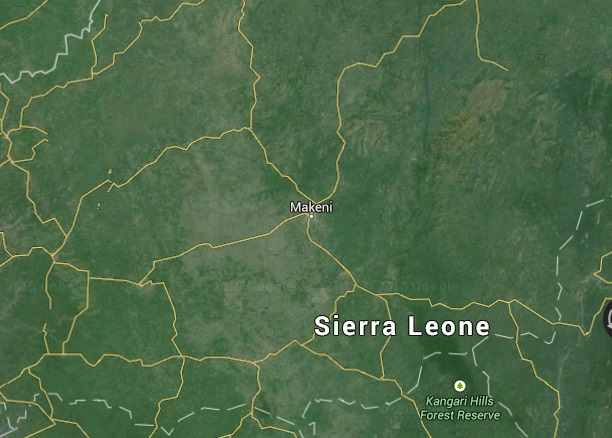
Opinion: What if your water came from a bankrupt mining company?
What if the food you eat and the water you drink were provided to you by a mining company? What would happen to you if that company went bankrupt?
This is a very real worry for several communities in Sierra Leone that live near the Tonkolili mine, an iron ore mine previously owned and operated by African Minerals, headquartered in London. African Minerals’ decision in March to appoint administrators marked the final phase of its demise, which is largely due to its inability to react to the spiraling down of global iron ore prices. Although the economic consequences of the balance shift created by the drop in iron ore prices have been widely reported, the social impacts of these developments have seen little attention.
Collaps
The collapse of the iron ore sector is becoming more and more evident, and is commonly attributed to the drop in demand in China and the increased supply from major companies in Australia and Brazil. UK-listed African Minerals went into administration(opens in new window) in March. More recently, Atlas Iron suspended operations(opens in new window) at its Pilbara mine in Australia, Fortescue made roster changes(opens in new window) to cut costs, China is offering subsidies(opens in new window) to the 1,000 or so iron ore mines that are at the brink of collapse, and the share prices of the largest iron ore mining companies, such as Rio Tinto and BHP Billiton have tumbled(opens in new window) . Investors in iron ore mining companies are set to lose serious money unless the industry magically recovers.
Post-conflict
However, investors are not the only ones getting hurt. In fact, it is often other stakeholders of mining companies, such as workers or communities that live near a mine or depend on it, who feel the most pain. And for stakeholders that live in poor, post-conflict countries such as Sierra Leone, those impacts might be life-threatening.
Forced resettlements
In the case of African Minerals, a company implicated in forced resettlements, labour unrest and grave human rights abuses(opens in new window) , relocation of villages heavily impacted the ability of people to provide for their own livelihoods. By way of compensation, the company agreed to provide water trucks and bags of rice to resettled communities. Reports by Human Rights Watch and the Sierra Leone Commission for Human Rights show that compensation has been insufficient. As the new location did not sufficiently provide these communities with arable land or natural sources for drinking water, they became fully dependent on the company for their basic livelihood needs. Hence, the relocation of villages was not compensated in a sustainable way aimed at regaining the ability of people to provide for their own livelihoods.
Bankruptcy
African Minerals’ mining operations have been suspended since December 2014, and with the company’s bankruptcy the mine has been handed over to the Chinese Shandong Iron & Steel Group, a former client and creditor. It remains unclear whether the arrangements with the resettled communities will be upheld by the new owner, leaving the resettled communities at serious risk. Should the provision of food and water be ceased, the effects for this vulnerable group could be devastating.
Failure
African Minerals is but one example of the social consequences of a failed business project, and the imminent closure of other iron ore mines could lead to similar difficulties. Such failures also illustrate the risks related to policies focusing on foreign investments and exports of raw materials, especially when it concerns highly volatile markets. Addressing the negative social impacts of the shifts in the global iron ore market requires collective action by all parties, including the major mining companies, local governments, civil society and labour unions.
Related content
-
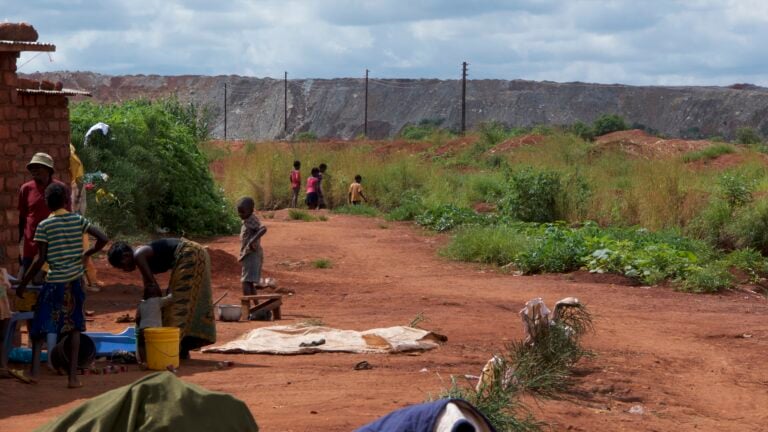
-
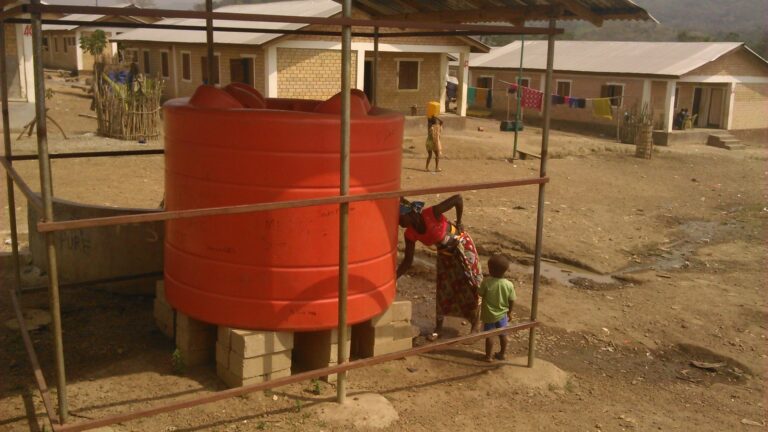 Bankruptcy of controversial mining company leaves communities in Sierra Leone at riskPosted in category:NewsPublished on:
Bankruptcy of controversial mining company leaves communities in Sierra Leone at riskPosted in category:NewsPublished on: -
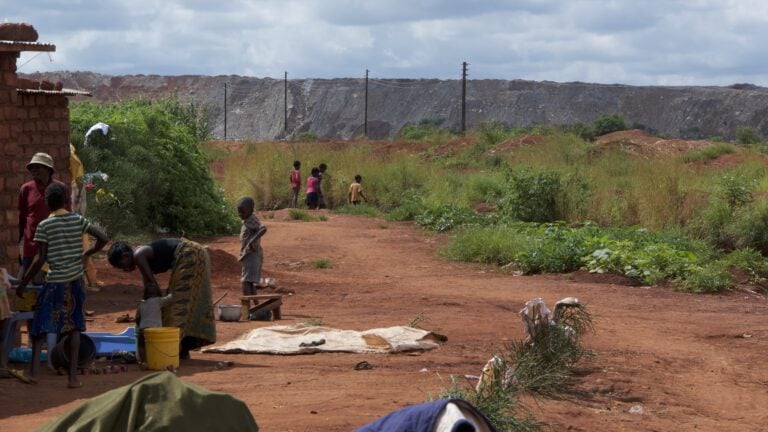 Community rights widely abused by cobalt mining in Democratic Republic of CongoPosted in category:NewsPublished on:
Community rights widely abused by cobalt mining in Democratic Republic of CongoPosted in category:NewsPublished on: -
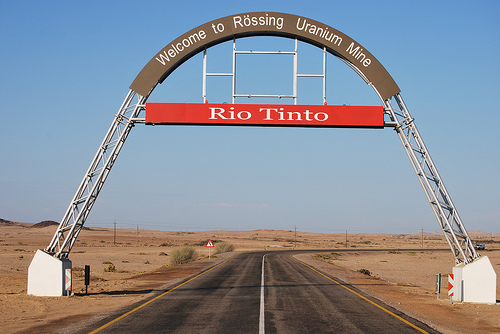
-
African Minerals in Sierra Leone Published on:
 Indra RömgensPosted in category:Publication
Indra RömgensPosted in category:Publication Indra Römgens
Indra Römgens